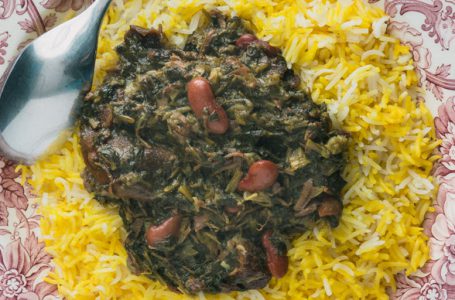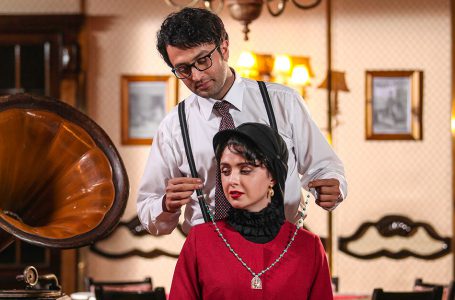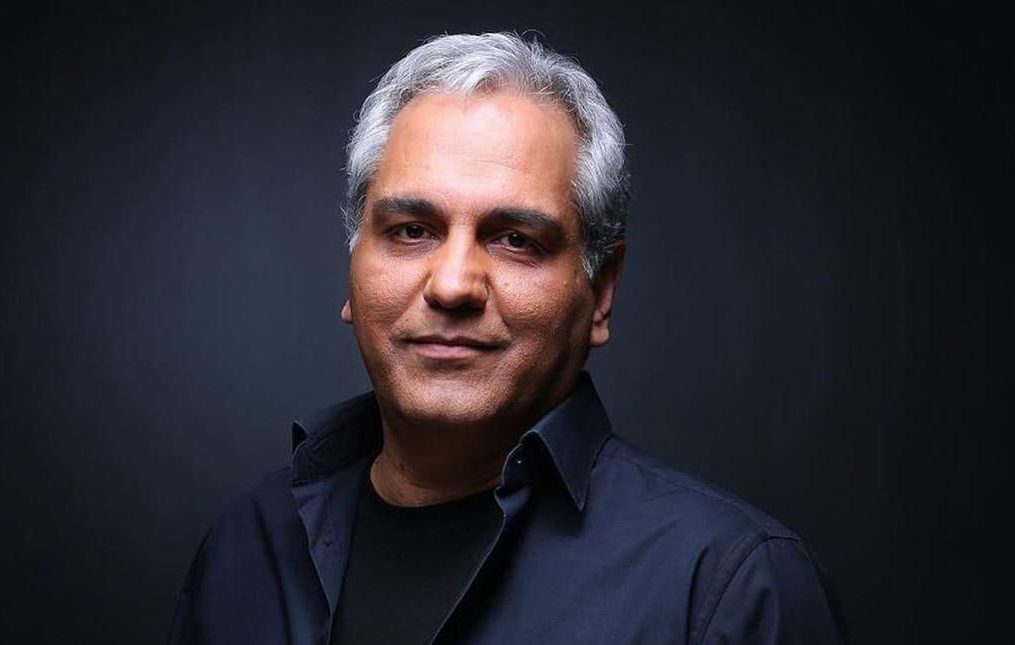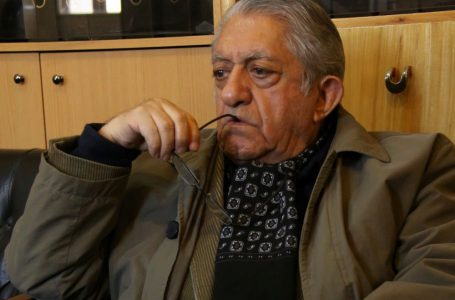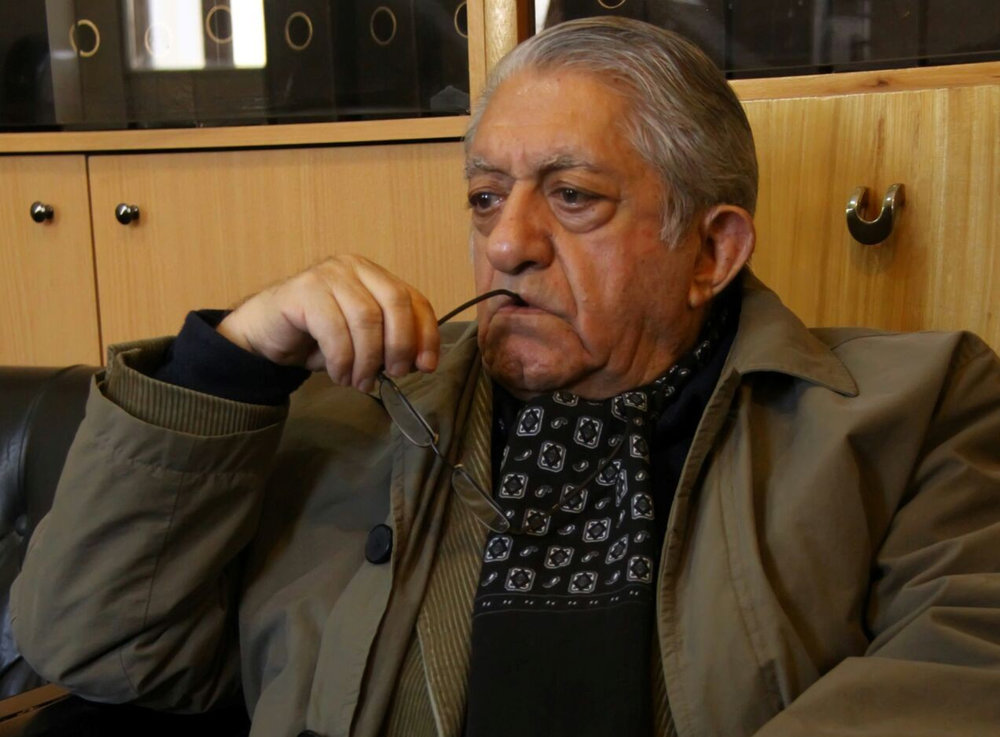
The colossal performer lost his life at 94 in the wake of an extreme time of ailment.
Born on June 21, 1924, in Tehran, Ezatollah Entezami starred in numerous Iranian movies, TV series, and theatres. He graduated from theatre and cinema school in Hanover, Germany in 1958 and then started his career on stage in 1941.
His performance in Darius Mehrjui’s film, The Cow, got the Silver Hugo in the Chicago International Film Festival in 1971. He sparkled in the part of a guileless villager who can’t bear the demise of his darling cow and begins to trust that he is simply the dairy animals.
The story starts by exhibiting the cozy connection between a moderately aged Iranian villager, Masht Hassan, and his cow. Hassan is married but has no children. His only valuable property is a cow that he cherishes as the only cow in the village. When Hassan must leave the village for a short time, the pregnant cow is found dead in the barn. Hassan’s fellow villagers fear his reaction and cover up the evidence of the death and tell him upon his return that his cow has run away. Finding great difficulty confronting the loss of his beloved cow, as well the loss of livestock that affects his social stature at the village, Hassan gradually goes insane following a nervous breakdown and believes he is the cow, adopting such mannerisms as eating hay. His wife and the villagers try in vain to restore his sanity.
Entezami also played the role of Mozafar in Shah in Hezar Dastan (1979-1987), a highly popular TV series in Iran, directed by Ali Hatami. Hezar Dastan is considered an eternal work in the history of Iranian TV. Hatami established a small town as a historical site, in which he made Hezar Dastan. In 2006, Hezar Dastan was voted by the Association of Iranian movies and TV critics as the best Iranian TV series ever made.
Entezami was known as a standout amongst the most noticeable performers in Iranian film and has been marked as the best on-screen character in the historical backdrop of the silver screen of Iran. He worked with the greater part of the noticeable Iranian movie chiefs, including Darius Mehrjui (eight movies), Ali Hatami (four movies), Nasser Taqvaee, Mohsen Makhmalbaf, Behrouz Afkhami and Rakhshan Bani-Etemad. He was granted the Crystal Simorgh for the Best Actor twice from the International Fajr Film Festival, for Grand Cinema and The Day of Angel. His work and achievements were perceived in October 2006 at the Iran social focus in Paris
Then Majid Entezam, with a cry of condolences and kisses to his father’s coffin, said: “In the last two months, in order to hold him alive only five more minutes, I took him to this hospital from that, but he was a jewel that I could not keep.” The memory of Ezatollah Entezami is always in the heart of all Iranians forever. He was the father of Iranian movies and a well-known actor who brought hope and love to Iranian people!
On August 17th, the funeral ceremony of Ezatolah Entezami began in front of the main hall of Vahdat with the speeches of Parviz Parastooi. He firstly stated: “It was always hard for me to speak, because I’m not an orator, but today is another day, and I have a lot of words to say.” Did this cinema have how many people like Entezami that we bury him? How many actors in the entire cinema can play “Mesh Hassan”?
Then, Ali Nusirian thanked the people for the presence of the people: “He belongs to the people, and the soul of his roles was in the hearts of people. He does not die, he is alive with the things he did. I did not expect Mr. Entezami to come here for the funeral ceremony. I wanted to work together one more time. I remember that one night we were together, and I singed, he said that when I die you must sing for me. Now I’m singing: my heart is tight, and the sky is tight.” Nasiriyan, after a short lyric sounded with sadness, added: “The glory of my soul was fulfilled, but you left us alone.”


